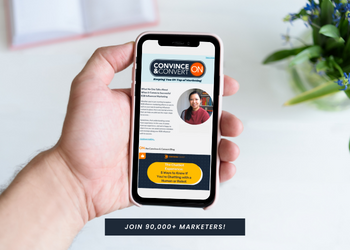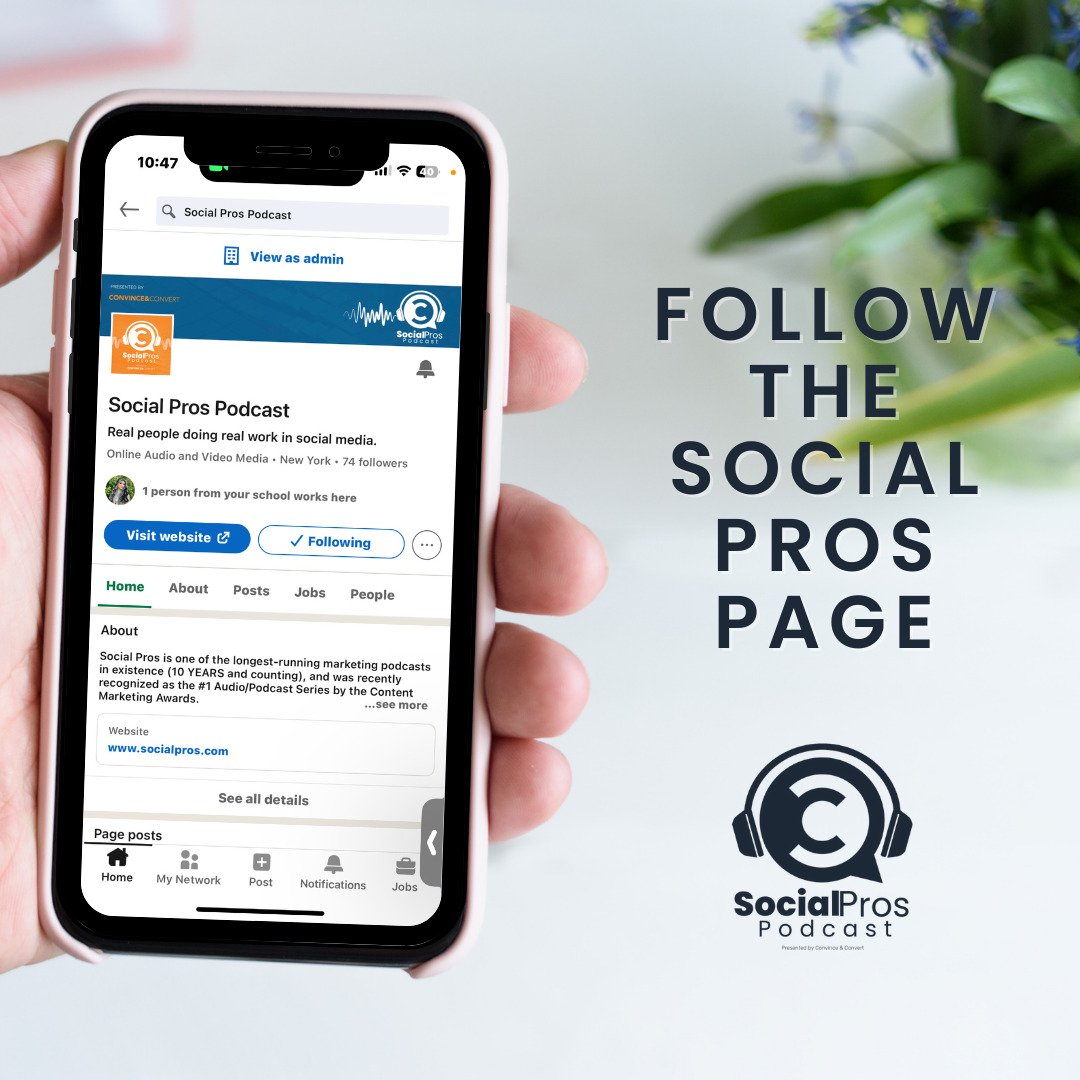My piece of a panel discussion on trends at SocialSlam in Knoxville, Tennessee a great event put together by my friend Mark W. Schaefer.
Starting in 1992, America Online (AOL) spent more than $300 million sending floppy disks and later CDs to U.S. households, to entice citizens to sign up for their dial-up Internet connection service.
At one point during that period, more than 50% of all CDs created in the world were for this AOL campaign, and the company spent an eye-popping 10% of lifetime customer value (LTV) on customer acquisition – $35 for each new customer worth an average of $350.
Why? Because AOL wasn’t really an “Internet Service Provider” at all. Instead, AOL created a parallel and private online experience that provided just about everything you might want or need, sanitized for your protection. You didn’t need to go to “the Web” because you had AOL News, Weather, Sports, Email (you’ve got mail), Chat, eCards, Shopping, Stocks and more at your fingertips.
AOL built an online castle by spoon feeding the “best” parts of the Internet to members wary of going it alone.
As it turns out, there’s a lot of money in the castle-building business, as Americans gladly signed on to be denizens:
- AOL had 200,000 subscribers in 1992 when the mailings began
- In 2002, AOL had 25 million subscribers
- In 1992, the market capitalization of newly public AOL was $70 million
- In 2002, AOL’s market cap was $150 billion, enough to swallow Time-Warner
History Repeats. Facebook is the New AOL
Facebook is trying to become the plumbing of the Internet, and is fighting a war for your attention on 3 fronts:
- Facebook.com
- The Parallel Web
- Open Graph and Data Mining
Facebook.com
- Facebook.com is the most popular website in U.S. history, by total usage.
- Facebook is now bigger than Google in terms of total audience
- The average user spends 15 or more hours per month on Facebook.
- Facebook is now the largest seller of display advertising in the U.S. generating a staggering 770 billion page view per month.
Facebook’s Castle
Facebook is pursuing their own “parallel Web” castle strategy. To whit, how many of these do you use, recognizing that perfectly good (and often better) alternatives are available across the non-Facebook portion of the Internet?
- Facebook Events (evite)
- Facebook Causes (various)
- Facebook Places (foursquare)
- Facebook Deals (groupon)
- Facebook Credits (paypal)
- Facebook Messages (email)
- Facebook Mobile
- …and the soon to be announced Facebook phone (iphone)
Open Graph and Data Mining
The real insidious genius of Facebook is not Facebook.com, or even their castle strategy, it’s the Open Graph. All those “like” buttons spread across millions of sites give Facebook unprecedented data about our preferences and behaviors.
Take a look at a site such as Like Button (www.likebutton.me) for just a tiny taste of what’s possible. Why does Facebook want to collect all of this data? Who cares if you like fudge, or Tom Petty, or Sponge Bob, or those cute shorts from Swell (client)?
Every one of those seemingly trivial data points are minable. They create an increasingly rich tapestry of information about you that can (and will be) used to market to you more successfully. Facebook is already experimenting with real-time ad targeting that shows you promotions based on your status updates. So if you change your relationship status to “single” you see an ad for a chocolate cake or a bottle of Scotch (more or less). Freaky. Powerful. The future. But not. Because it’s right now.
 People kvetch about Google and it’s online hegemony. But Google is Urkel compared to Facebook in terms of possession of data. And data = power because data = relevancy.
People kvetch about Google and it’s online hegemony. But Google is Urkel compared to Facebook in terms of possession of data. And data = power because data = relevancy.
Imagine if when you went to Google to do a search, you saw a pop-up box that said “To search, first please enter your name; high school; relationship status; favorite movies; birthday; lists all your friends and relatives; and upload some photos of that time you were drunk and did something stupid.”
That’s essentially how Facebook works. Except we GAVE them all that information. They didn’t even have to ask.
Yes, I live and breath tools agnosticism in my social media strategy consulting. I do not want you to put all your eggs in Facebook, or any single basket. But no company in my lifetime – including AOL (who’s playbook they stole) – has so successfully infiltrated our lives like a digital tapeworm.
Is that commendable, or condemnable? I’m not sure. What do you think?

